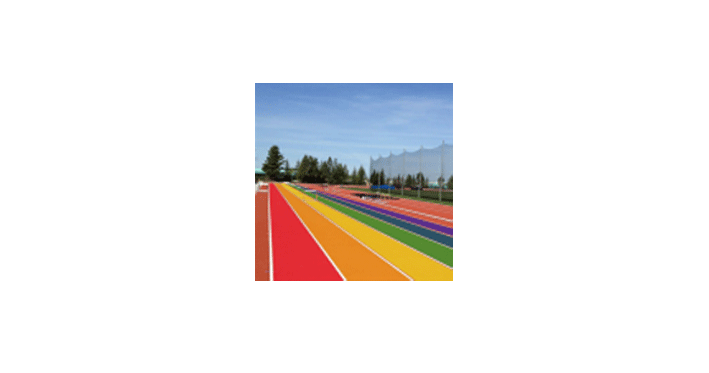LGBT Games.

Effortlessly maintaining its status as a cool country, Nepal has hosted the first LGBT games in South Asia… and perhaps globally?
Effortlessly maintaining its status as a cool country, Nepal has hosted the first LGBT games in South Asia… and perhaps globally? :
http://www.bbc.co.uk/news/world-asia-19929010
Nepal already has ‘form’ on gender matters:
http://news.bbc.co.uk/2/hi/south_asia/4202893.stm
The current games have been organized for all the athletes who would not by chromosomes and/or sexual preference fit into one of the two categories traditionally available. As gendercentric has noted elsewhere the binary sex and/or gender model is not necessarily the most efficient basis for organizing games, or indeed life.
Previous articles have highlighted a number of difficulties with this model; how do you demonstrate you are gay in order not to be illegally conscripted (Turkey) or deported to your home country (Uganda) where homosexuality is a capital offence.
https://www.gendercentric.org/16-newsflash/46-the-litmuss-test
With respect to sport the South African athlete Caster Semenya succeeded in competing in this years Olympics as a woman and came in at a decorous second in her main event,though rumours swirled around eligibility beforehand. Perhaps the effort of accommodating the hijab-wearing competitors from Saudi Arabia, Qatar & Bahrein ‘drew the fire’ of the IOC officials this time around.
https://www.gendercentric.org/16-newsflash/59-sex-testing-head-covering-outing-unisex-crying-flowers-and-more
Interestingly enough whilst only 22 openly gay and lesbian athletes took part in this summer’s Olympics (total number 11,000)….. which was 12 more than at the previous Beijing Games…….the games in Nepal welcomed more than 300 athletes from 30 countries.
It will be interesting to see how gender plays out at the Olympics in Rio 2016. The IOC insists that it is important to detect (and ‘correct’) the increasing numbers of ‘intersex’ athletes who have an unfair advantage if they compete in women’s sports.
The Nepal games brings together all those who would otherwise be marginalized and is a major step in the right direction. Would it not be even better to have more events organized according to capacity and performance rather than according to gender?
With advances in prosthetics the line between Olympian and Para-Olympian has been blurred; surely it should be possible for the similarly- abled regardless of gender to compete in the same event?